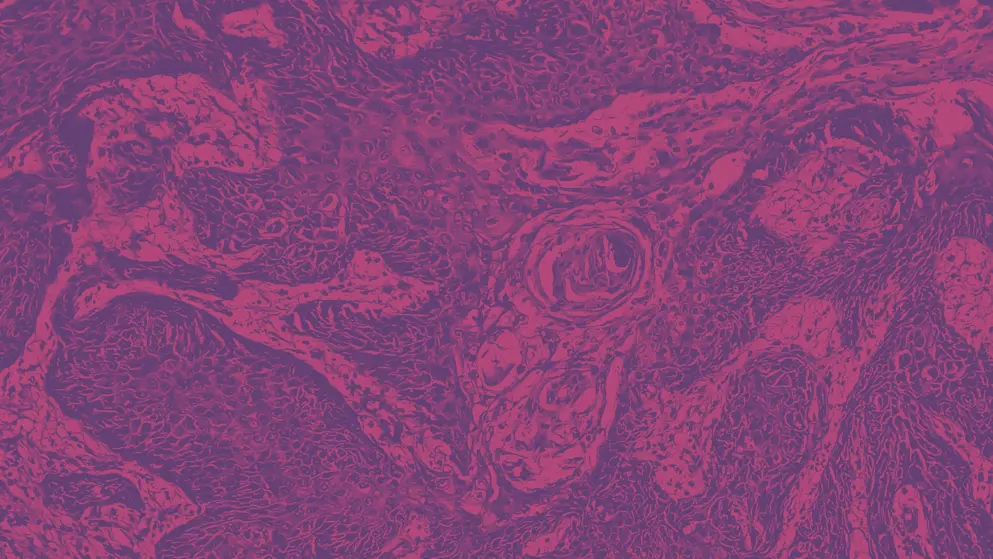
Supportive care in oncology Learning Zone
Transcript: How is supportive care different in the geriatric patient
Dr Matti Aapro
All transcripts are created from interview footage and directly reflect the content of the interview at the time. The content is that of the speaker and is not adjusted by Medthority.
No doubt that patients, as they age, either become, just because of the ageing process, a little bit more frail, or most often than not, these patients have added diseases besides the cancer. And this, depending on what this other disease is, how severe also this other disease is will complicate the approach for the treatment of this patient, will complicate surgery, will complicate the fact that for radiation therapy, often patients have to travel. And, if they have issues in mobility related to other diseases they have, that will make their life much more complex. Not speaking then of medical treatments where interactions between drugs or the overall weakening of the patient's body will mean that some treatments might be more difficult to deliver. So, we have to support these patients even more than the younger patients. And, we have some data to show to us, for example, in the setting of prevention, because it is central to prevent, of febrile neutropenia that after a certain age, the study data show that even with the same chemotherapy, an older patient, and then this is artificially because the studies were done set at 65, will need an earlier intervention with growth factors than an older patient, sorry, than a younger patient. However, this age factor here, which is very artificial as I said, actually is because these patients that are older have other diseases, other problems that put them in the situation in which they are either more prone to have a febrile neutropenia, or where the febrile neutropenia will be much more dangerous for them. This is just one example, which highlights the difference between younger and older patients.
Developed by EPG Health for Medthority. This content has been developed independently of the sponsor, Sandoz, who has had no editorial input into the content. Medthority received unrestricted educational grant funding from the sponsor in order to help provide its healthcare professional members with access to the highest quality medical and scientific information and associated relevant content, without any promotional intent. This content is intended for healthcare professionals only.

